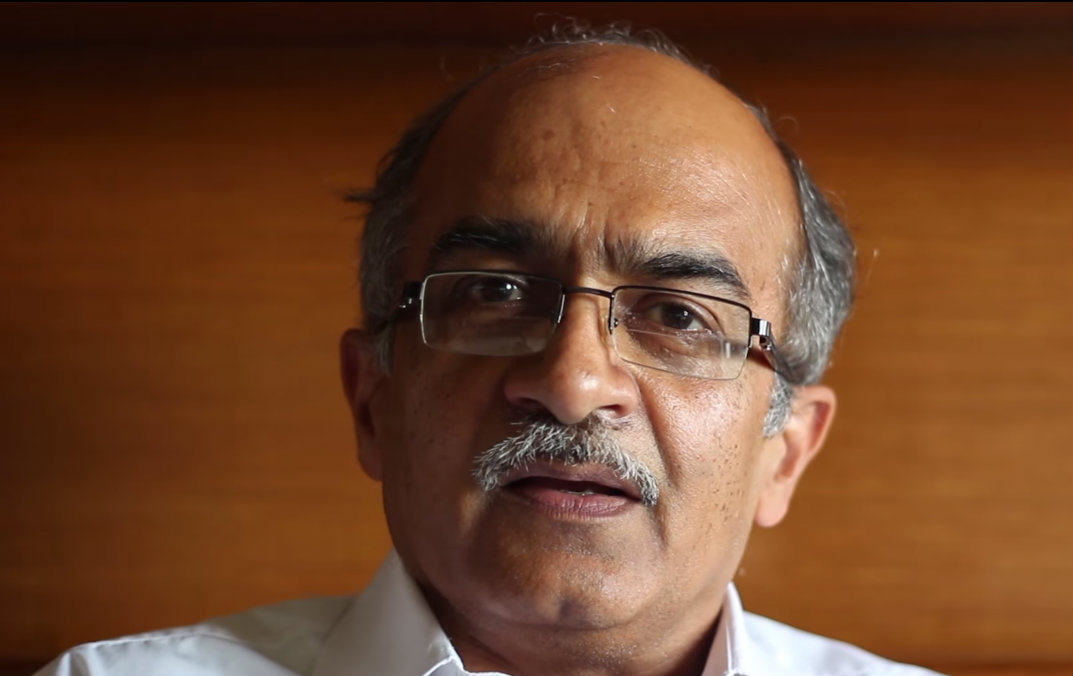Lawyer Prashant Bhushan has insisted that he should be given a copy of the original complaint made by advocate Mahek Maheshwari that triggered the Supreme Court’s criminal contempt case on two tweets.
According to a submission by Bhushan, Maheshwari was associated with a “prominent BJP member”. The submission did not name the BJP leader. Bhushan said he was entitled to a copy of the complaint to know whether the complaint was mala fide or politically motivated.
“The implications of this are far-reaching because Bhushan and the public are entitled to know whether the complaint was mala fide or even personally or politically motivated,” said the submission filed through advocate Kamini Jaiswal. Rajeev Dhavan is the senior counsel representing Bhushan before the bench headed by Justice Arun Mishra.
On August 14, the apex court had convicted Bhushan of criminal contempt. Maheshwari had first complained about Bhushan’s tweet on Chief Justice of India S.A. Bobde. The bench of Justices Mishra, B.R. Gavai and Krishna Murari had converted Maheshwari’s complaint into a suo motu case. Article 129 of the Constitution vests the Supreme Court with inherent powers to take contempt action against any person.
In the submission, Bhushan also listed some of the other contempt cases the Supreme Court had handled earlier. He cited the following examples:
- In the E.M.S Namboodiripad’s case in 1970, the senior Marxist leader was found guilty of contempt for saying judges have a class bias. But the sentence was greatly reduced to a token fine.
- In the P.N. Duda case (1988) the then Union law minister, Shiv Shankar, had stated in a speech reported in a newspaper: “Anti-social elements i.e. Fera violators, bride burners and a whole horde of reactionaries have found their haven in the Supreme Court”.
Bhushan pointed out: “Yet, according to the court, he was not guilty of contempt for the comments.”
“A more telling example,” Bhushan said, is in the news reports of… (2013) where chief minister Mamata Banerjee gave a speech in which she said that judgments were delivered in exchange for money and “corruption has made inroads into the judiciary and democracy as a whole”.
After counselling restraint to the chief minister, Calcutta High Court, which was then headed by Justice Mishra, did not indict her for contempt. The judgment then was delivered by Justice Joymalya Bagchi, who was sitting at that time with Justice Mishra.
According to Dhavan, it is clear that:
- Bhushan’s comments were opinion made in good faith founded on facts.
- Similar opinions were made before, as demonstrated by the attorney-general.
- In the present controversy, similar comments are made by Justices Lokur, Kurian Joseph and A.P. Shah, Arun Shourie and others in the public domain and reported by newspapers and TV channels. It would follow that they were all in contempt.
- There should not be any attempt to coerce the contemnor into making an apology on the basis that nothing else would be acceptable.











